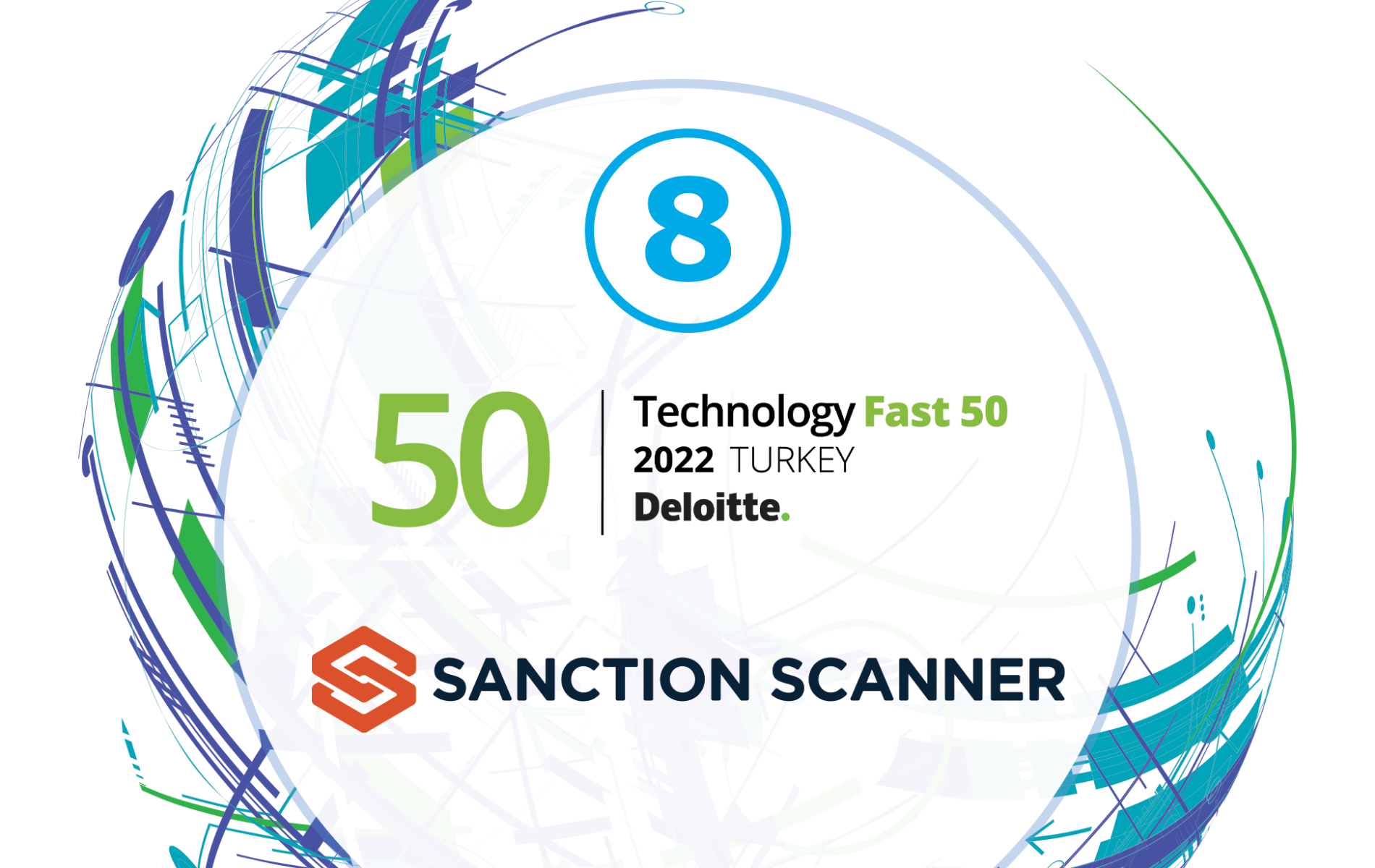Japan is evidently seen as one of the most progressive countries globally in relation to cryptocurrency regulation. By the implementation of key legislative measures such as the Payment Services Act 資⾦決済法 and the Financial
Instrument and Exchange Act (FIEA - ⾦融商品取引法), the country has established itself as the frontliner of creating a regulatory environment that fosters innovation while having strict compliance and oversight.
Understanding the Legal Status of Cryptocurrency in Japan
Even though cryptocurrencies are not legal tender in Japan, they are both legal and regulated. Payment Services Act considers cryptocurrencies as crypt-assets (暗号資産, angō shisan), which is an identification that formally recognizes them as property with monetary value. This classification allows their use a a form of payment or investment, given that they comply with the stipulated regulatory environments.
Japanʼs legal frameworks offer a clear, structured, and transparent system, which ensures that both crypto service providers and investors operate within defined boundaries that put market integrity and user protection as the first priority.
Key Regulatory Bodies Governing Cryptocurrencies in Japan
The Financial Services Agency (FSA ⾦融庁)
The FSA serves as the primary authority responsible for overseeing cryptocurrency exchanges, financial institutions, and compliance with anti-money laundering (AML) regulations. They enforce a strict and comprehensive regulatory framework and consistently enhance their policies in order to respond to evolving risks in the crypto world.
Japan Virtual and Crypto Assets Exchange Association (JVCEA)
Recognized by the FSA, the JVCEA is responsible for self-regulatory organizations that are developing their operational standards and codes of conduct for licensed crypto-asset exchanges. Their order includes promoting anti-money laundering measures, ensuring cybersecurity standards, and enhancing consumer protection. By promoting industry self-governance, the JVCEA supports compliance through regulatory requirements while encouraging market stability.
Japan Security Token Offering Association (JSTOA)
The JSTOA mandates the issuance and regulation of tokenized securities directed by the Financial Instruments and Exchange Act (FIEA). They focus on security tokens, which show the interest of the ultimate ownership in traditional assets such as stocks, bonds, or other financial instruments.
Japan Financial Intelligence Center (JAFIC)
The JAFIC operates as the countryʼs national financial intelligence unit (FIU). They oversee the receiving, analyzing, and disseminating of suspicious transaction reports (STRs) related to potential money laundering and other financial crimes.
JAFIC works closely with crypto firms in order to detect and monitor suspicious activities, enhance reporting mechanisms, and mitigate financial risks within the digital asset world.
Licensing and Registration for Crypto Exchanges
Operating as a cryptocurrency exchange in Japan requires strict compliance with regulatory protocol under the PAy,enys Services Act.
- Registering with the FSA as a "crypto-asset exchange business (暗号資産交換業者).ˮ
- Becoming a member of the JVCEA and complying with its operational standards
- Meeting required capital and governance criteria, including strong measures for cybersecurity.
- Successfully passing fit-and-proper evaluations for directors and executives in order to ensure responsible management.
- Ensure customer asset segregation and submit to annual independent audits.
As of 2025, more the 30 crypto exchanges have gained FSA registration, which reinforces Japanʼs status as a leading place for crypto innovation
.
AML and KYC Requirements for Crypto Firms
Japan has maintained some of the strictest AML and Know Your Customer (KYC) standards in the world. Crypto-asset providers are required to follow obligations which include:
- Full KYC Requirements (本⼈確認) when onboarding a customer to confirm their identity. This procedure includes the process of collecting and verifying personal data such as name, address, date of birth, and official ID in order to prevent fraud and meet regulatory expectations.
- Enhanced Due Diligence (EDD), especially for politically exposed persons (PEPs) and users from high-risk sectors. This process involved a deeper assessment of the customerʼs background, reviewing the source of funds, and ongoing monitoring to identify potential financial risks.
- Real-time monitoring of transactions as ro detect suspicious activity patterns. With the assistance of advanced analytics and the use of AI, errors in transactions, frequency, or origin can be flagged instantly for further examination.
- FATF Travel Rule Compliance for transactions exceeding ¥100,000. Service providers must share the information of sender and receiver, including their names, addresses, and account details, to enhance transparency in cross-border and high-value transfers.
- Promptly reporting suspicious transactions to JAFIC in order to ensure that any possible money laundering or terrorism financing is sent to authorities for intervention or prevention without delay.
These requirements help Japan maintain its global leadership as a frontline in cryptocurrency AML/CFT compliance.
Taxation of Crypto Assets in Japan
In Japan, profits from crypto activities are classified as miscellaneous income (雑所得, zatsu shotoku) and are subject to a progressive tax system with rates that could reach up to 55% for top earners. The key tax rules include the following:
- Crypto-to-crypto trades are treated and classified as taxable events. Any gains realized should be reported and are taxed depending on personal income, which typically ranges from %10 to 37%.
- Personal traders are not allowed to utilize loss carry-forward provisions, which means losses can only offset gains within the same tax year and cannot be applied to any future profit.
- Individuals who are executing more than 500 trades annually could be reconsidered as business operators, which can result in them being subjected to different tax obligations.
Japan's Regulation of DeFi, NFTs, and Stablecoins
Decentralized Finance (DeFi)
Though DeFi platforms are operating beyond the traditional regulations, the FSA monitors them for AML risks. No specific rules exist; firms interacting and involved in DeFi are expected to comply with general AML/CFT standards.
Non-Fungible Tokens (NFTs)
NFTs are not seen as crypto-assets unless they are utilized for trading or investment. In most cases, they are under standard commercial and intellectual property law rather than Ceypto-specific rules and regulations.
Stablecoins
In 2023, the Stablecoin Regulation Guidelines were introduced in Japan. Under this, only licensed banks and trust companies may issue stablecoins. Issuers should have a hold of full fiat reserves in order to ensure financial stability and limit the risks in the system.
Recent Regulatory Developments in 2024–2025
Japan continuously enhanced its regulatory framework for cryptocurrencies to highlight the emerging threats and promote integrity. Key developments include:
- The full enforcement of the FATF Travel Rule improved the transparency and traceability in cross-border crypto transactions
- Revision to licensing procedures, targeting foreign-based exchanges that offer services to users in Japan
- Increased regulatory scrutiny in NFTs, which show speculative or investment-like characteristics
- The JVCEA has introduced updated rules on leverage limits and token listing criteria to reduce instability in the market.
How Sanction Scanner Supports Crypto Firms in Japan
Operating within Japanʼs structured regulatory system, Sanction Scanners offers crypto firms in Japan with tools in order to maintain compliance and operational efficiency.
- Real-time screening across international sanctions and watch lists tailored to meet Japanese regulatory standards
- Dedicated Travel Complaint Modules that allow and ensure security for the accurate exchange of required sender and receiver information
- Localized KUC and Enhanced Due Diligence (EDD) support, which offers structured onboarding for both domestic and international clients
- Easy Integration with existing AML systems with full functionality available in both English nd Japanese
Top Cryptocurrencies in Japan (2025)
Japanʼs market in crypto is one of the most regulated and advanced in Asia. In 2025, over 9 million users will drive adoption through licensed exchanges, yen-backed stablecoins, and active staking communities.
| Rank | Cryptocurrency | Why Itʼs Popular | Estimated Usage Share |
| 2st | Bitcoin (BTC) | Haven asset, high liquidity, ETF access | 32% |
| 2nd | Ethereum (ETH) | DeFi access, staking opportunities | 25% |
| 3rd | JPY Stablecoins (JPYC, GYEN) | Domestic payment apps, yen stability | 15% |
| 4th | Ripple (XRP) | Popular for cross-border remittance (Asia) | 10% |
| 5th | (XTZ) | French-Japanese developer support, staking | 6% |
BitFlyer reported that a 40% YoY rise in yen-pegged stablecoins (JPYC, GYEN) usage for retail and cross-platform transactions
BTC EFTs launched on the Tokyo Stock Exchange in late 2024 have increased traditional investor interest in Bitcoin.
Is Japan a Crypto-Friendly Country in 2025?
Yes — within a clearly regulated framework
Japan is consistently seen to be one of the most structured and compliant crypto markets globally. The FSA ensures strict licensing, AML/KYC standards, and consumer protection measures through its crypto-asset service providers
(CASP) system.
Japan Crypto-Friendliness Summary in 2025
| Category | Status | Details |
| Ownership | Legal | Crypto is recognized as property value under the Payment Services Act |
| Trading | Regulated | Only via FSA-licensed exchanges such as BitFlyer, Coincheck, SBI VC Trade |
| Taxation | Heavy | Treated as miscellaneous income up to 55% personal tax |
| Payment Use | Limited | Not legal tender but accepted at some retailers via apps like Coincheck Pay |
| Regulatory Clarity | High | FSA & JVCEA provide strict but stable rules |
| Innovation | Moderate to Strong | Pilot projects for yen stablecoins, NFT infrastructure, DeFi monitoring |
In a Chainanalysis report in 2024, Japan is ranked 8th globally due to its strong regulated DeFi access, cross-border fintech use, and exchange-led staking. Between 2023-2025, Japan established Travel Rule Enforcement, rules for stablecoin issuers, and new JVCEA listing standards to increase strength in protecting investors.
FAQ's Blog Post
Yes, cryptocurrency is legal and regulated in Japan under the Payment Services Act (PSA) and Financial Instruments and Exchange Act (FIEA).
The Financial Services Agency (FSA) oversees and enforces cryptocurrency regulations in Japan.
Yes, all crypto exchanges operating in Japan must register with the FSA and meet strict compliance requirements, including AML/CFT obligations.
Yes, Japan enforces comprehensive AML and CFT regulations for crypto businesses, including KYC procedures and transaction monitoring.
Yes, profits from cryptocurrency trading are considered miscellaneous income and are subject to personal income tax in Japan.
Yes, foreigners can trade cryptocurrency in Japan through licensed exchanges, provided they complete the required KYC procedures.
In recent years, Japan has tightened regulations on stablecoins, implemented stricter AML measures, and expanded oversight on crypto custodians and DeFi platforms.
While NFTs are not yet fully regulated, DeFi activities that resemble financial services may fall under FSA supervision, depending on their structure and risk profile.





